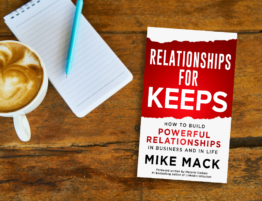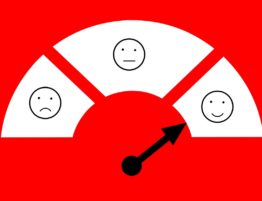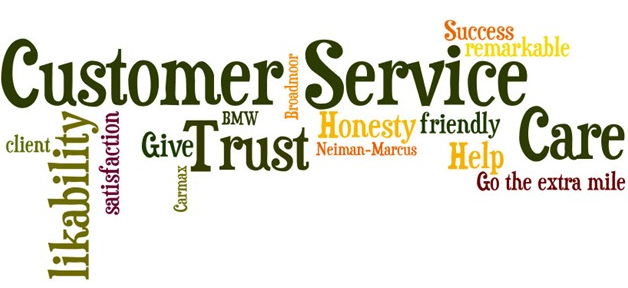Guest blog by Lorne M. Wight
This is a story about transition and leadership. I have been fortunate to have Lorne Wight as a friend and close business contact for over 14 years. Lorne has contributed to our Blog post for this week with his leadership journey.
When it comes to business – does size matter? Is bigger better?
Having recently left a multi-national Fortune 100 company as their Regional President, to become President of a smaller local business (Allwest Commercial Furnishings), the differences between big business and small business is an active part of my daily transition.
Pleasantly, a striking difference is the distinct lack of bureaucracy in small business, where on a daily basis I am closer to the action, closer to our customers and have the ability to be more nimble in dealing with issues and making decisions. Indeed, the whole decision making process is different because the stakeholders are different – now I have to be more concerned about cash flow and a distinct owner instead of millions of shareholders, a CEO, a CFO and a host of other C-level positions posing as potential roadblocks!
Conversely, I find generally that small business does not have the same resources available to it, certainly not internally like you would find in big business. Processes in small business tend to be significantly less defined, more fluid and often not measured. However this becomes one of the opportunities where we truly have the ability to act like a bigger business – with structure, purpose, checks & balances and of course measurements – but all without bureaucracy.
For me, so much comes down to measurements (if you can’t measure it, you can’t improve it); we have to set goals and targets that are meaningful to our business (financial goals, productivity goals, individual goals, customer satisfaction goals, vendor performance goals) and then create a Balanced Scorecard or some sort of Key Performance Indicator that tracks all these. Our staff needs to be part of this process and buy into the importance of it, often tying it to their compensation and incentive programs. Tracking these goals on at least a monthly basis has to become ingrained in our organizational culture. Harvey Mackay said it best “A dream is just a dream. A goal is a dream with a plan and a deadline.” Big business has deeper pockets, but more rules. Big business often has better prices on products and services due to sheer volume, but is probably more constricted on selling prices and margins because of their reporting structure and “street expectations” on a bottom line.
I believe that as a small business, we have to define our value proposition differently than big business and then create our vision, strategy and execution around that difference, using our ability to be nimble, closer to the customer and more focused in the local community as our advantages. The most successful small to medium size businesses I know are heavily invested in the community in which they serve – and invested does not have to mean pure dollars; it often means time, expertise and focus.
So – is bigger better? In my opinion, no bigger is just – well it is just bigger!! Every business needs to grow, as staying the same generally means going backwards, so every business must get bigger to some degree to succeed. But “Every brand isn’t for everybody, and everybody isn’t for every brand.” (Liz Lange). It is this writer’s belief that a unique, well-defined, well executed small business strategy combined with a group of dedicated, empowered and engaged staff is a winning formula that any competitor (big or small) would have trouble beating.
We thank Lorne for his contribution to our Blog post for this week.
Perhaps we all take a different look at our business and “size” up what our strategy will be.








